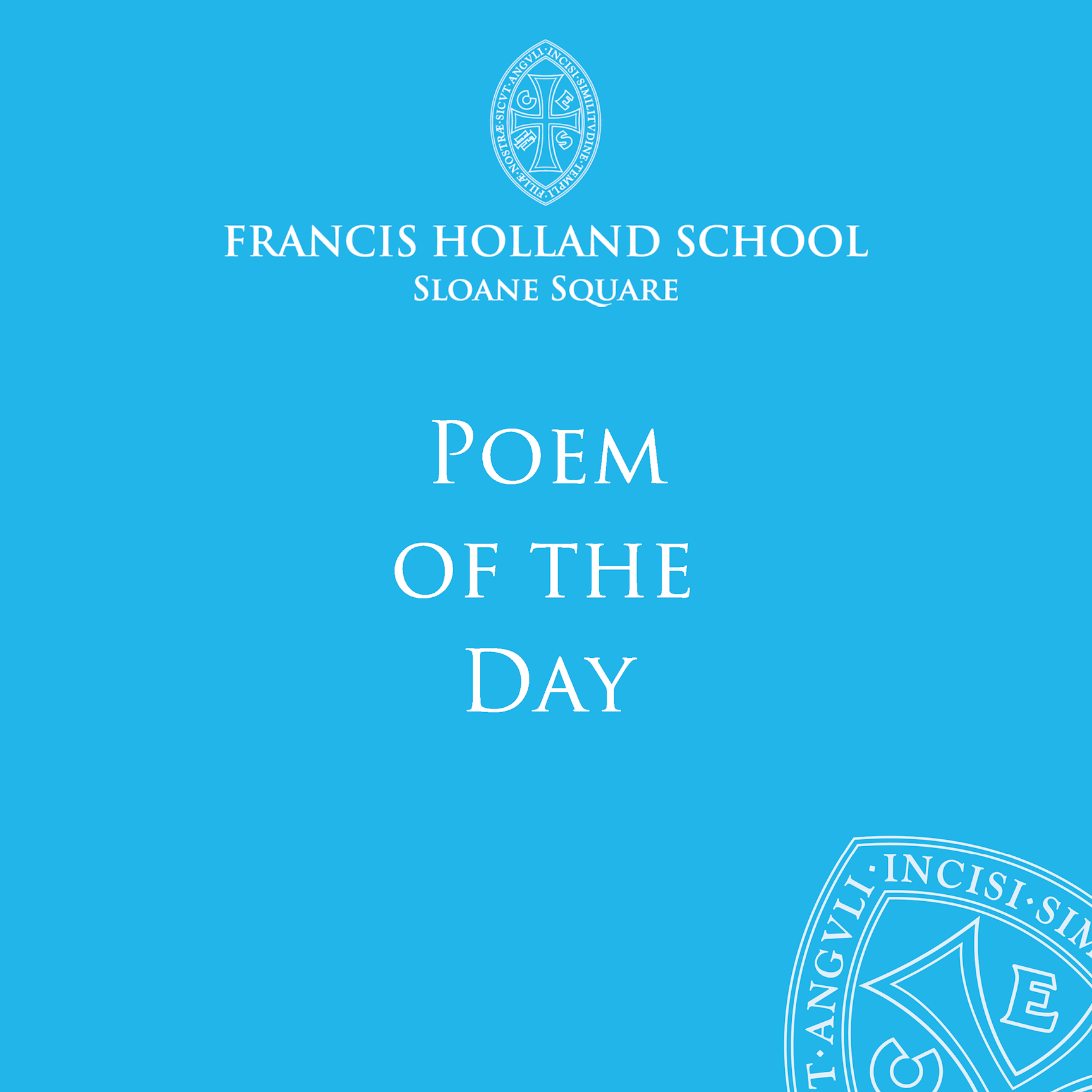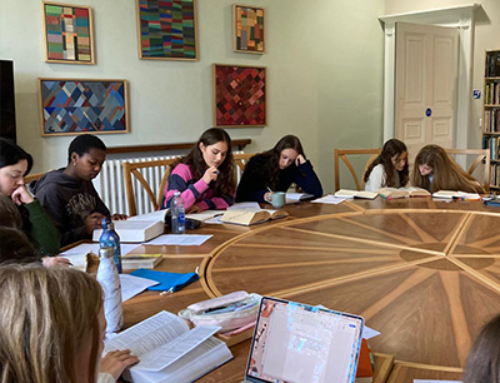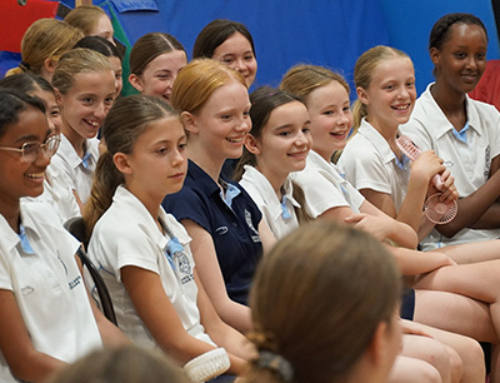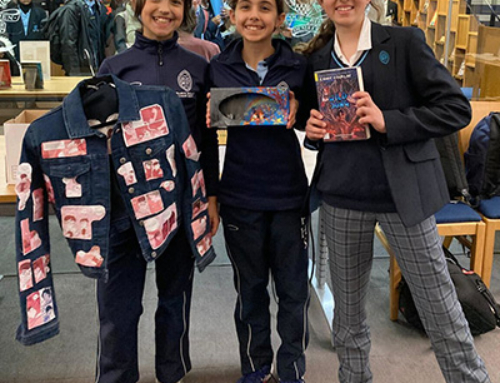Today’s poem of the day, chosen by Ms Maartje Geussens, is by Billy Collins, who was the US Poet Laureate from 2001 to 2003. He is not very well-known in the UK, but the New York Times called him ‘the most popular poet in the US’. I chose his poem ‘Litany’, because it never fails to cheer my mood when I’m feeling a bit put-down by the weather or overwhelmed by current events.
There are two terrific readings of this poem. The first is by Collins himself, and he gives a short pre-amble. As Collins explains, he is not only stealing the first two lines from another poet, but draws on an ancient literary tradition: seducing a lover by comparing them to a range of lovely objects. You can hear the audience laughing as Collins compares his beloved and himself to an increasingly excessive number of things (including ‘the pigeon on the general’s head’, presumably doing what pigeons like to do on respectable statues).
Collins is not even the first poet to have pointed out that using figurative language to flirt, really, is kind of silly. Shakespeare himself famously wrote that his mistress’ eyes are nothing like the sun. While they might be sparkling and brilliant, they are two human eyeballs, not a sphere of hot plasma about 150 million kilometres away. Both Collins and Shakespeare invite us to laugh at poetry, in a self-critical way I find very charming.
The other reading is by a three-year-old, who has memorised the poem entirely. The title of the poem, ‘Litany’, implies a long list, and it is this structure that makes the poem funny. However, ‘litany’ originally describes a type of prayer. In the rendition of the three-year-old, who almost but not quite seems to understand every word he says, the poem turns into a kind of worshipful rhapsody. The world feels full of so many things! They all remind me of you, and of myself!
Litany
You are the bread and the knife
The crystal goblet and the wine…
Jacques Crickillon
You are the bread and the knife,
The crystal goblet and the wine.
You are the dew on the morning grass
And the burning wheel of the sun,
You are the white apron of the baker,
And the marsh birds suddenly in flight.
However, you are not the wind in the orchard,
The plums on the counter,
Or the house of cards.
And you are certainly not the pine-scented air.
There is just no way that you are the pine-scented air.
It is possible that you are the fish under the bridge,
Maybe even the pigeon on the general’s head,
But you are not even close
To being the field of cornflowers at dusk.
And a quick look in the mirror will show
That you are neither the boots in the corner
Nor the boat asleep in its boathouse.
It might interest you to know,
Speaking of the plentiful imagery of the world,
That I am the sound of rain on the roof.
I also happen to be the shooting star,
The evening paper blowing down an alley,
And the basket of chestnuts on the kitchen table.
I am also the moon in the trees
And the blind woman’s tea cup.
But don’t worry, I’m not the bread and the knife.
You are still the bread and the knife.
You will always be the bread and the knife,
Not to mention the crystal goblet andsomehowthe wine.














